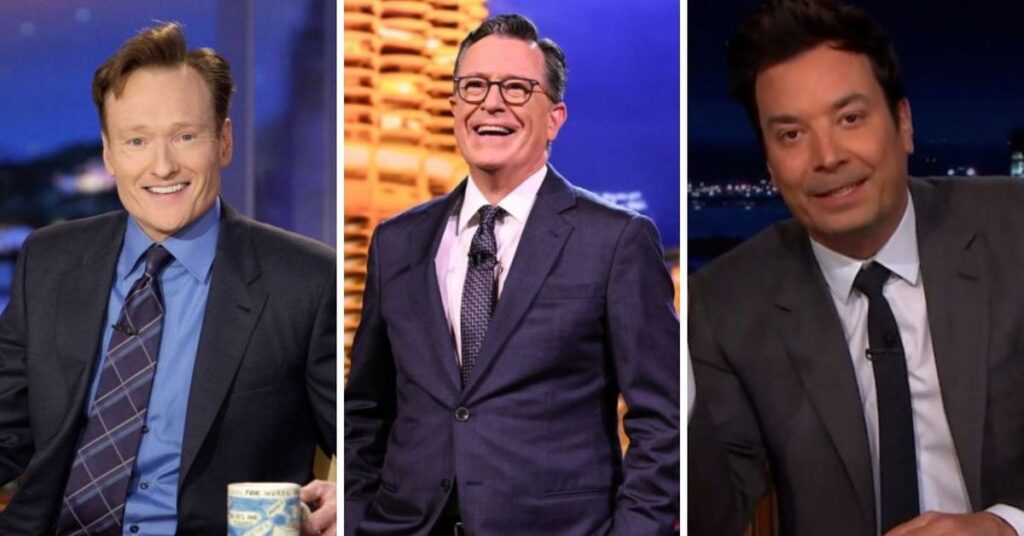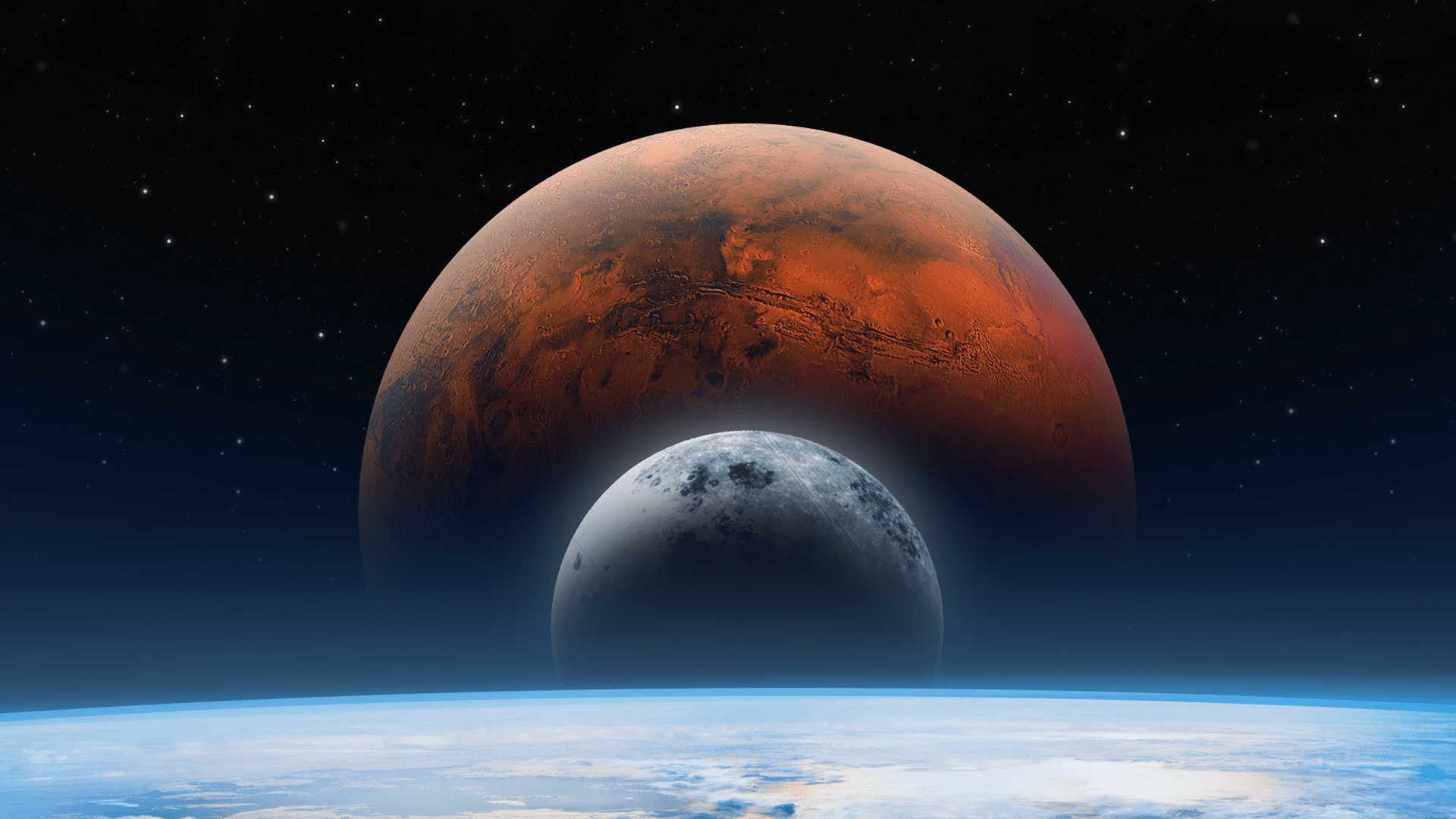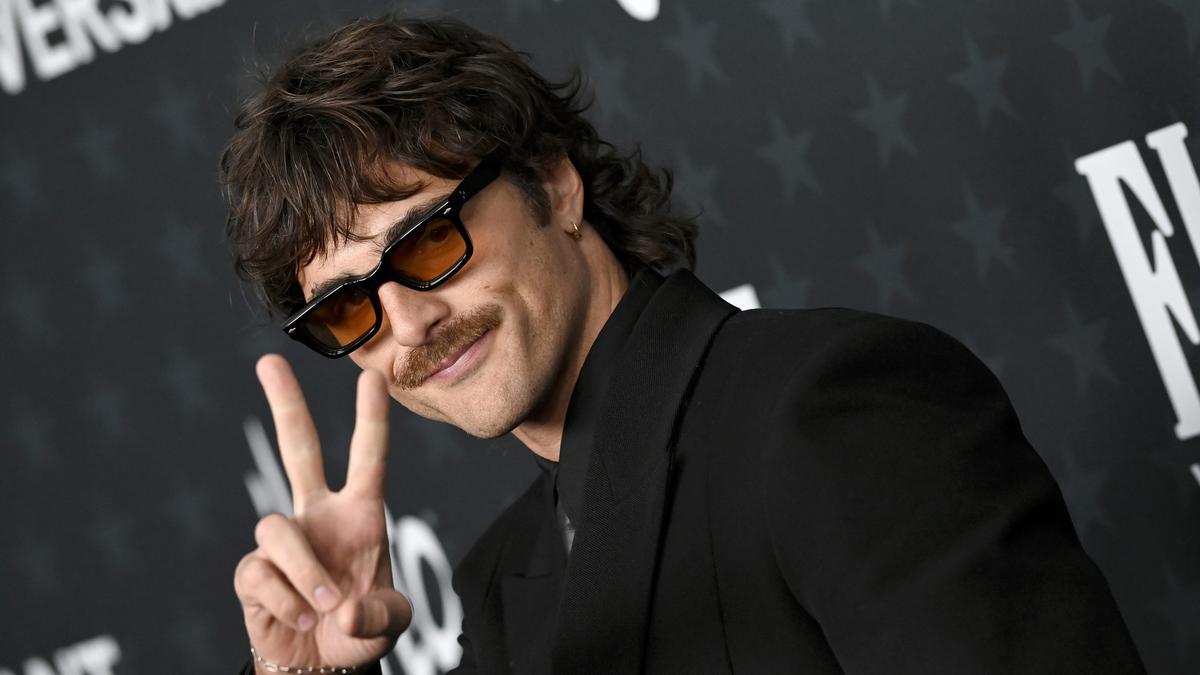
Late-night television has been rocked by the sudden removal of Jimmy Kimmel Live! from the airwaves. The decision by Disney’s ABC network to pre-empt the show “indefinitely” follows controversial remarks made by host Jimmy Kimmel. His comments linked the alleged assassin of conservative activist Charlie Kirk to former President Donald Trump’s MAGA movement.
The announcement has sent shockwaves through the entertainment industry, highlighting the precarious balance late-night hosts must maintain between comedy and controversy. Kimmel is far from the first to find himself at the center of such a storm.
Stephen Colbert: A Polarizing Figure
Stephen Colbert, another giant in the late-night arena, found himself embroiled in controversy earlier this year. CBS announced in July that The Late Show with Stephen Colbert would end its run in May 2026. Officially, the network cited financial reasons, but many speculated that Colbert’s outspoken criticism of Trump played a significant role.
Colbert’s response was characteristically defiant. He used his platform to criticize Trump directly, even after the former president celebrated the show’s cancellation on his social media platform, Truth Social. Colbert’s boldness in the face of adversity underscores the contentious relationship between politics and late-night television.
Bill Maher and the Limits of Free Speech
Bill Maher, known for his sharp political commentary, faced backlash in the aftermath of the September 2001 terrorist attacks. His remarks criticizing U.S. foreign policy led to a significant advertiser exodus, ultimately resulting in the cancellation of his show, Politically Incorrect, by ABC in 2002.
Maher’s experience highlights the fine line late-night hosts walk when tackling sensitive topics. Despite past controversies, Maher continues to push boundaries on his current show, Real Time with Bill Maher, airing on the streaming service Max.
Conan O’Brien’s Tumultuous Tenure
Conan O’Brien’s brief stint as the host of The Tonight Show was marked by a highly publicized conflict with NBC. After taking over from Jay Leno in 2009, O’Brien’s show struggled with ratings. NBC’s decision to move Leno back to his original timeslot led to O’Brien’s departure in 2010, accompanied by a $67 million payout.
This incident remains one of the most infamous in late-night history, illustrating the intense pressure networks face to maintain ratings and the often precarious nature of hosting such a high-profile show.
Jimmy Fallon and the Challenges of Modern Comedy
Jimmy Fallon, host of The Tonight Show Starring Jimmy Fallon, has faced his own share of controversies. In 2020, a resurfaced video of Fallon in blackface during a Saturday Night Live skit prompted widespread criticism and an apology from the comedian. More recently, allegations of a toxic workplace culture at his show have further complicated his tenure.
Fallon’s experiences reflect the evolving standards of comedy and the increased scrutiny public figures face in the digital age. His apologies underscore the ongoing conversation about accountability and sensitivity in entertainment.
Jimmy Kimmel’s Controversial Exit
Jimmy Kimmel’s recent departure from late-night television has reignited discussions about the impact of political commentary on entertainment careers. Trump’s celebratory reaction to Kimmel’s removal underscores the former president’s contentious relationship with the media.
“Great News for America: The ratings challenged Jimmy Kimmel Show is CANCELLED. Congratulations to ABC for finally having the courage to do what had to be done,” Trump wrote on Truth Social.
Kimmel’s exit highlights the challenges hosts face in navigating politically charged environments while maintaining their comedic voice. As late-night television continues to evolve, the balance between humor and controversy remains a delicate one.
As the landscape of late-night television shifts, the industry will undoubtedly continue to grapple with the implications of political discourse and the role of comedy in shaping public opinion.






